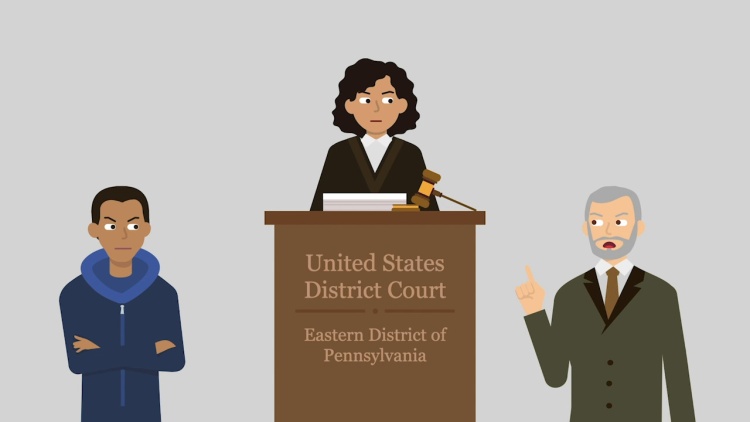Lloyd v. American Export Lines, Inc.
United States Court of Appeals for the Third Circuit
580 F.2d 1179 (1978)
- Written by Peggy Chen, JD
Facts
On September 7, 1974, Roland Alvarez (defendant) and Frank Lloyd (plaintiff), fellow crew members on the SS Export Commerce (Export) (defendant), got into a fight aboard the ship. A Coast Guard hearing was held to determine whether Lloyd should lose his mariner’s license. The Coast Guard investigator served as prosecutor and sought to prove that Lloyd had a history of hostility toward Alvarez, was intoxicated at the time of the altercation, and was the aggressor. Separate from the Coast Guard proceeding, Lloyd sued Export, seeking compensation for injuries. Export joined Alvarez as a third-party defendant, and Alvarez counterclaimed against Export, alleging negligence. Alvarez claimed that despite awareness of Lloyd’s prior hostility toward Alvarez, Export negligently failed to protect Alvarez. Lloyd failed to prosecute his case, and the district court dismissed his complaint. However, the court proceeded to trial on Alvarez’s counterclaim. Export attempted to call Lloyd as a witness, but Lloyd refused to appear. Export then attempted to introduce excerpts from the transcript of Lloyd’s testimony at the Coast Guard hearing. In the excerpts, Lloyd denied prior hostility with Alvarez and being the aggressor in their altercation. The district court deemed the excerpts inadmissible, and the jury found Export negligent and awarded Alvarez damages. Export appealed.
Rule of Law
Issue
Holding and Reasoning (Aldisert, J.)
Concurrence (Stern, J.)
What to do next…
Here's why 907,000 law students have relied on our case briefs:
- Written by law professors and practitioners, not other law students. 47,100 briefs, keyed to 996 casebooks. Top-notch customer support.
- The right amount of information, includes the facts, issues, rule of law, holding and reasoning, and any concurrences and dissents.
- Access in your classes, works on your mobile and tablet. Massive library of related video lessons and high quality multiple-choice questions.
- Easy to use, uniform format for every case brief. Written in plain English, not in legalese. Our briefs summarize and simplify; they don’t just repeat the court’s language.








